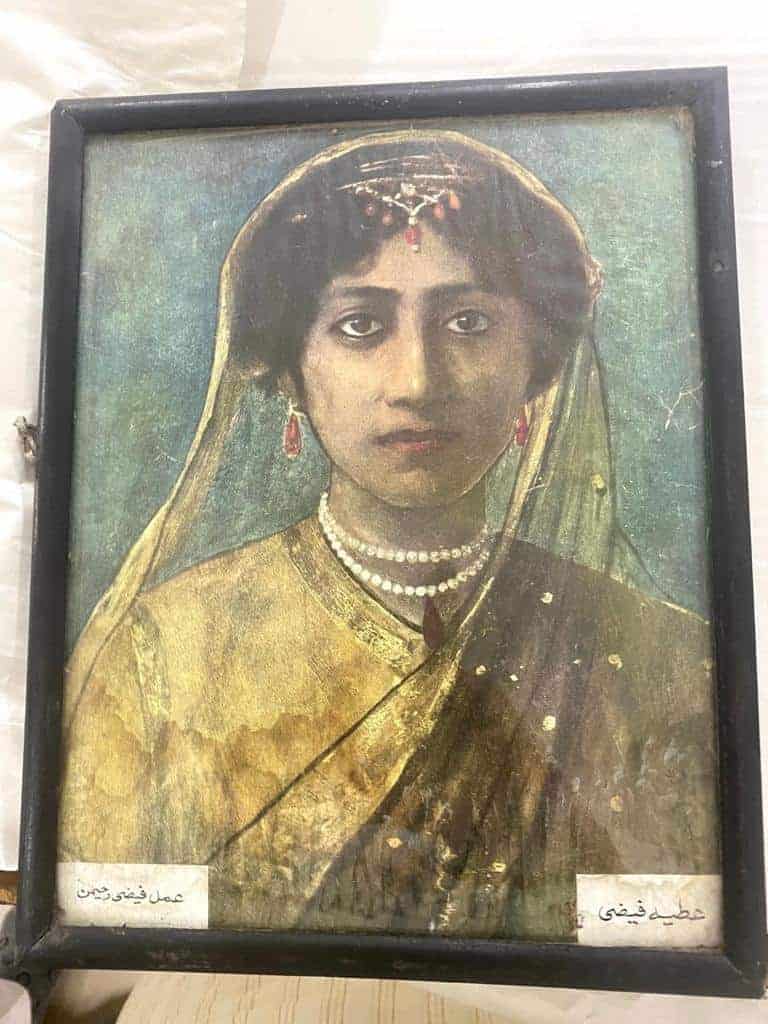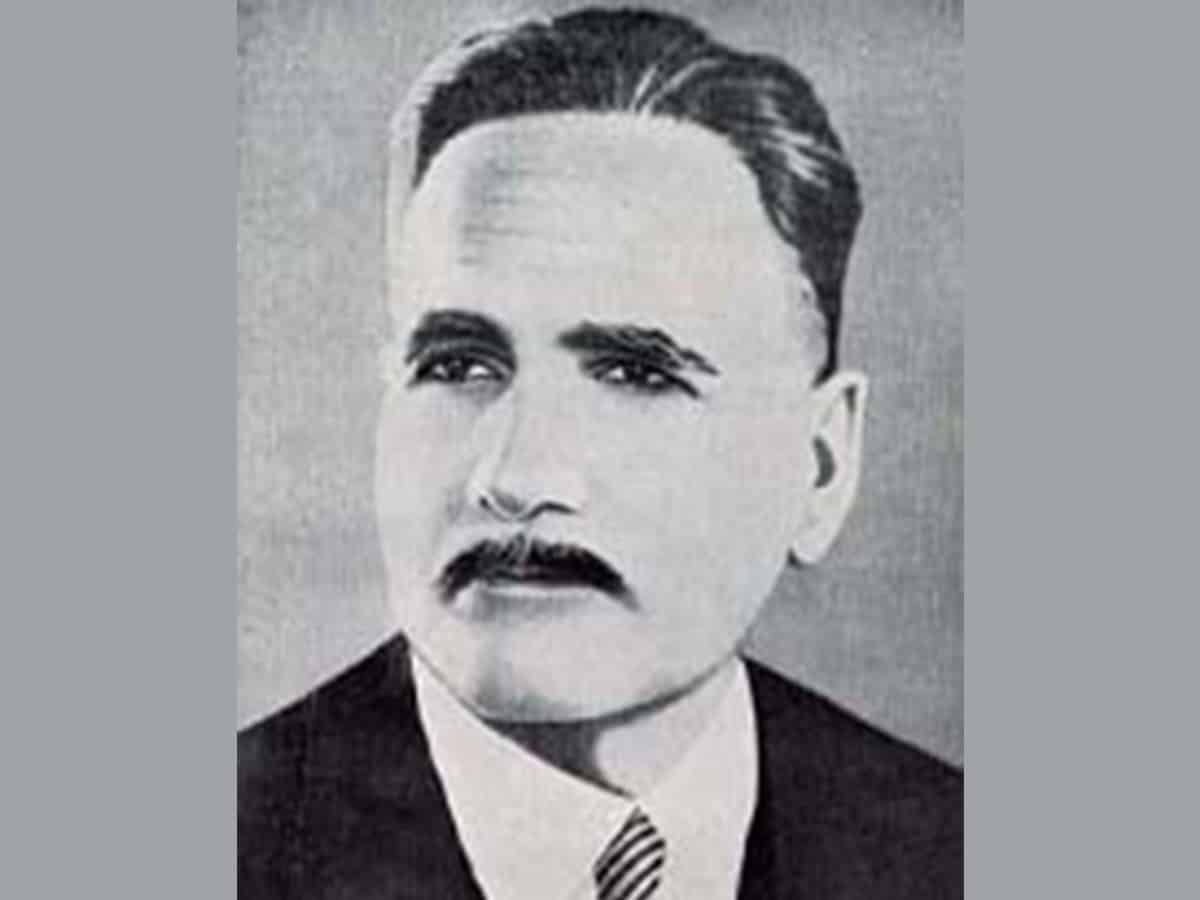November 9 is the birth anniversary of noted poet Allama Iqbal (1877-1938). In 1905 the Sialkot-born, Lahore-based poet came to Bombay to set sail for England for higher studies.
The visit to Europe changed Iqbal’s perspective on life, poetry, love, Islamic history.
He spent three years in Europe, studying philosophy at Cambridge and law at London’s Lincoln Inn. His dissertation on Persian metaphysics earned him a doctorate from Munich University.
At this point of time, Iqbal confided in his close friend Abdul Qadir, who was in England, that he had made up his mind to quit poetry. “Wait,” said Qadir and took Iqbal to his old teacher Professor Arnold from his Government College, Lahore. Arnold who had by now returned to England had earlier taught at Sir Syed Ahmed Khan’s MAO College in Aligarh. Arnold talked Iqbal out of his decision to give up poetry. God, how poorer poetry and our culture would have been had Iqbal gone ahead with his decision!. A good teacher always comes to rescue his pupils in crises. Iqbal switched from Urdu to Persian and left an amazingly rich oeuvre.

It is in Europe that Iqbal fell in love with Atia Faizi, a young woman from an aristocratic family in Bombay. Atia was young, attractive, intelligent and ahead of her time. Iqbal who was older to her lost his tender heart to this liberated, young student. They spent time together in Cambridge, London and Germany. Rajmohan Gandhi in his book “Understanding the Muslim Mind” writes: “Miss Fayzee has spoken of the Iqbal of this period as self-assertive and gregarious but also, on occasion, as a lost or solemn mystic inside. “I am pragmatic and utilitarian outside but a mystic inside,” he told her once.
In his poem Wisal (Union) he sent to Atia on her return to India, Iqbal opened his heart: “Hark ye Nightingale! the flower that I was relentlessly in search of I fortunately got.”
He got the flower but never enjoyed its fragrance. They never married because, according to a critic, the avant-garde Atia would have been completely out of place in Punjab’s conservative milieu. The Pujabi in Iqbal had never left him and, when at home, he would mostly speak Punjabi, including its many colourful abuses.
I thanked God for giving me an opportunity to read fateha (a Quranic verse) at his quiet mazaar outside the massive Badshahi Mosque in Lahore which I visited as part of the Mumbai Press Club delegation a couple of years ago. As I stood there in solemn, silent prayer to God for maghfirat (pardon) of this great poet-philosopher, a sea of thoughts came in waves.
Among the several of his couplets that I remembered there, the one that fitted Iqbal himself was:
Hazaron saal nargis apni benuri pe roti hai/
(For a thousand years the narcissus has been lamenting its blindness;
Badi mushkil se hota hai chaman mein deedawar paida
With great difficulty the one with true vision is born in the garden).
Mohammed Wajihuddin, a senior journalist, is associated with The Times of India, Mumbai. This piece has been picked up from his blog.

